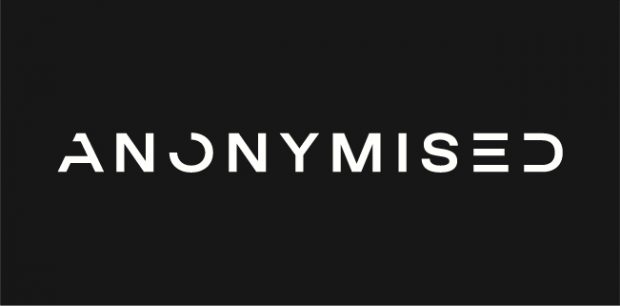Privacy-focused Advertising Platform ID Ward Rebrands to Anonymised
by on 2nd Feb 2023 in News

Today (2nd February, 2023), ID Ward announced the launch of their new brand: Anonymised.
Since it launched in 2021, ID Ward’s mission has remained the same: to help publishers and advertisers monetise their audiences in a way that protects personal data. However, the name ‘ID Ward’ neither communicated this nor set the company’s tech apart from competitor solutions. “The name ID Ward was just not conveying how fundamentally different our technology and philosophy are,” says Mattia Fosci, CEO and co-founder of Anonymised. “Having the word ‘ID’ in the name automatically positioned us alongside many other identity solutions that don’t have much in common with us. We embody a totally new approach to decentralised advertising, so we needed a name that reflects our difference”.
As the advertising industry grapples with the deprecation of third-party cookies and mobile identifiers, multiple ‘identity solutions’ have emerged. While many of them are able to replace third-party cookies with alternative identifiers, none of them provides the reach, targeting accuracy or legal compliance that publishers and advertisers need. “The systematic collection and disclosure of personal data in programmatic advertising is just a design flaw. It’s not needed for marketing effectiveness, it’s toxic for consumers and it’s begrudged by publishers and advertisers who don’t like exposing their first-party data,” added Fosci. “We fixed the design flaw. We built a technology that decouples effective audience targeting from personal data sharing.”
Anonymised allows publishers and advertisers to target audiences at scale without disclosing their first-party data. A consent-based cross-domain identifier tracks non-sensitive user behaviour across all browsers and devices, creating user profiles that are encrypted and stored locally on the device. When advertisers build their segments, a machine learning model checks the data stored on the device and determines whether or not the user belongs to a segment. If the answer is positive, each device is assigned a randomised, temporary and rotational segment ID, which is then used as the basis for targeting, retargeting, new customer discovery and campaign measurement.
Anonymised targeting offers three main benefits: reach, accuracy and compliance. Firstly, it allows publishers to monetise 100% of their audiences. Secondly, it allows advertisers to target extremely granular audiences using cross-domain data. Third, it’s 100% legally compliant because it prevents the disclosure of personal data to third parties. It has also the technical ability to cap the number of ads seen by consumers and to measure campaign effectiveness. “We started this journey with user privacy in mind, but we have since discovered that the commercial benefits of our technology are unmatched in the industry,” concludes Fosci. “Anonymised targeting is not only better than other cookieless solutions, it is more performant than the cookie. We are convinced that the technology can become the new paradigm for privacy-first advertising”.
AdvertiserPublisherRebrandTargeting








Follow ExchangeWire